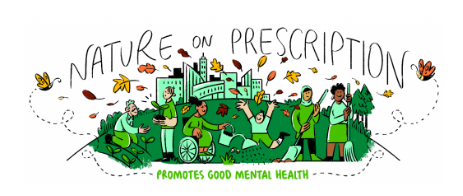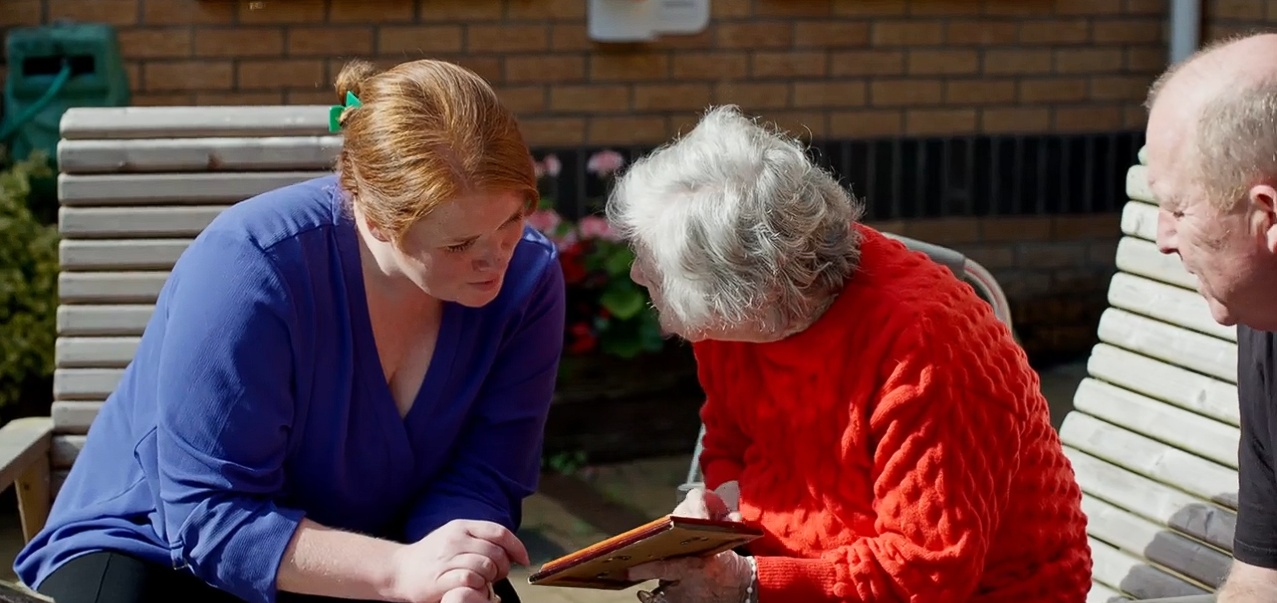
-
Source
Nature on Prescription Handbook
Nature-based interventions for common mental health issues are increasingly available to the public via social prescribing. There is huge variation in the therapeutic components, duration and intensity of these interventions. Programmes are developed in an ad hoc manner and may not be based on the best available evidence. The NHS Five Year Forward View and Long Term Plan, commit the NHS to developing social prescribing (over 900,000 people are expected to be referred to social prescribing schemes by 2023/24), and as such have created considerable demand for delivery of this type of intervention.
However, new entrants to the sector have limited experience developing mental health interventions. Many conservation and natural heritage organisations operate within constrained financial environments and are unlikely to have the resources needed to design evidence-based interventions from the ground up without some form of accessible and adaptable guidance. The aim of this project was to co-create an intervention development resource for providers, working with the Wildfowl and Wetlands Trust (WWT) and other stakeholders and building on our existing research.
This handbook is the culmination of detailed evidence gathering through evidence review, interviews and workshops with people and organisations involved in providing green social prescribing. The handbook we have produced is about how Nature on Prescription can be used to support people’s mental health, and makes evidence-based suggestions for how to develop and implement a high-quality scheme, in the new social prescribing landscape. The handbook is primarily aimed at providers of group, nature-based interventions that target common mental health conditions, and that can be delivered via social prescribing schemes. The content will also be of interest to link workers, general practitioners, commissioners and researchers with an interest in social prescribing. This handbook is available and free to download via the link above; we ask for an email address to register for the download, to help with impact monitoring and ongoing research activity.




